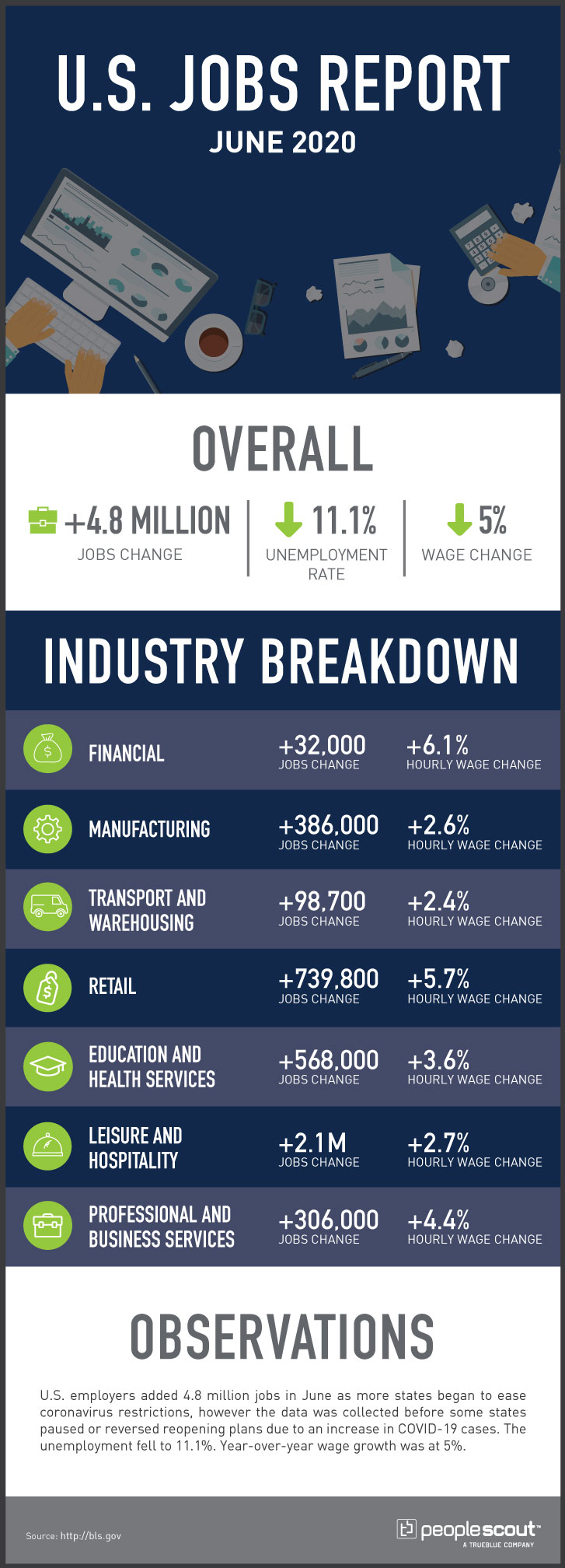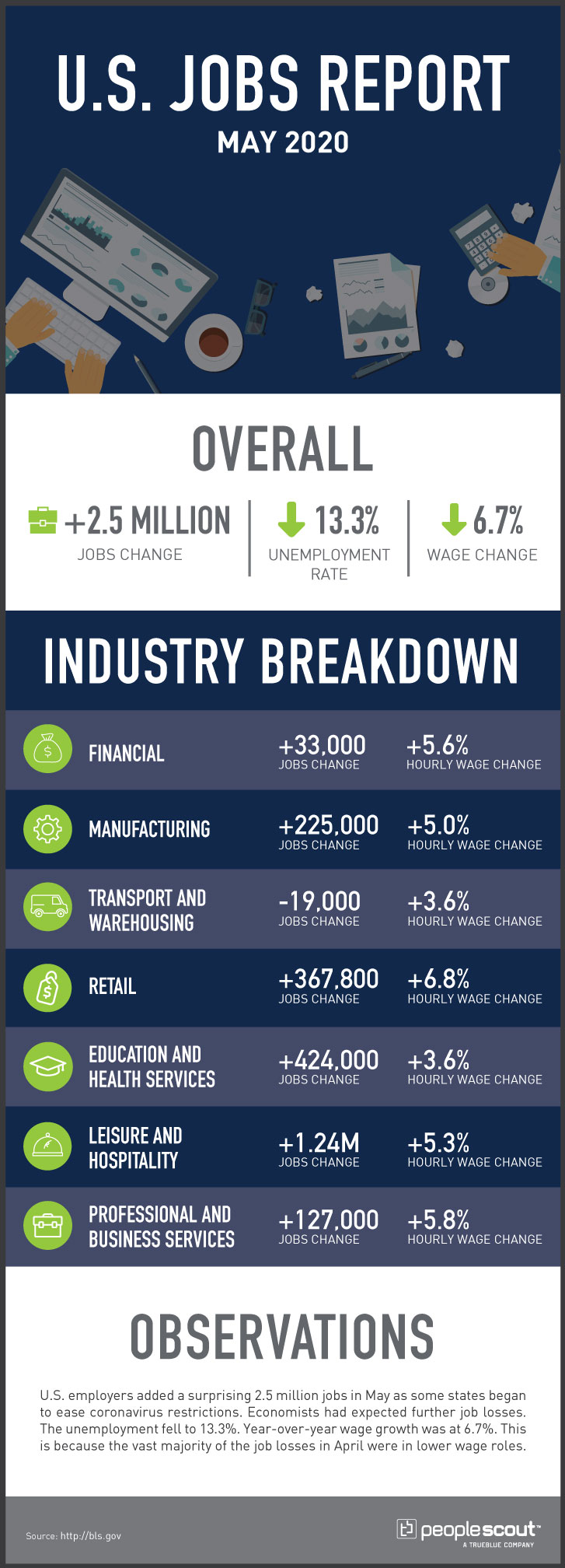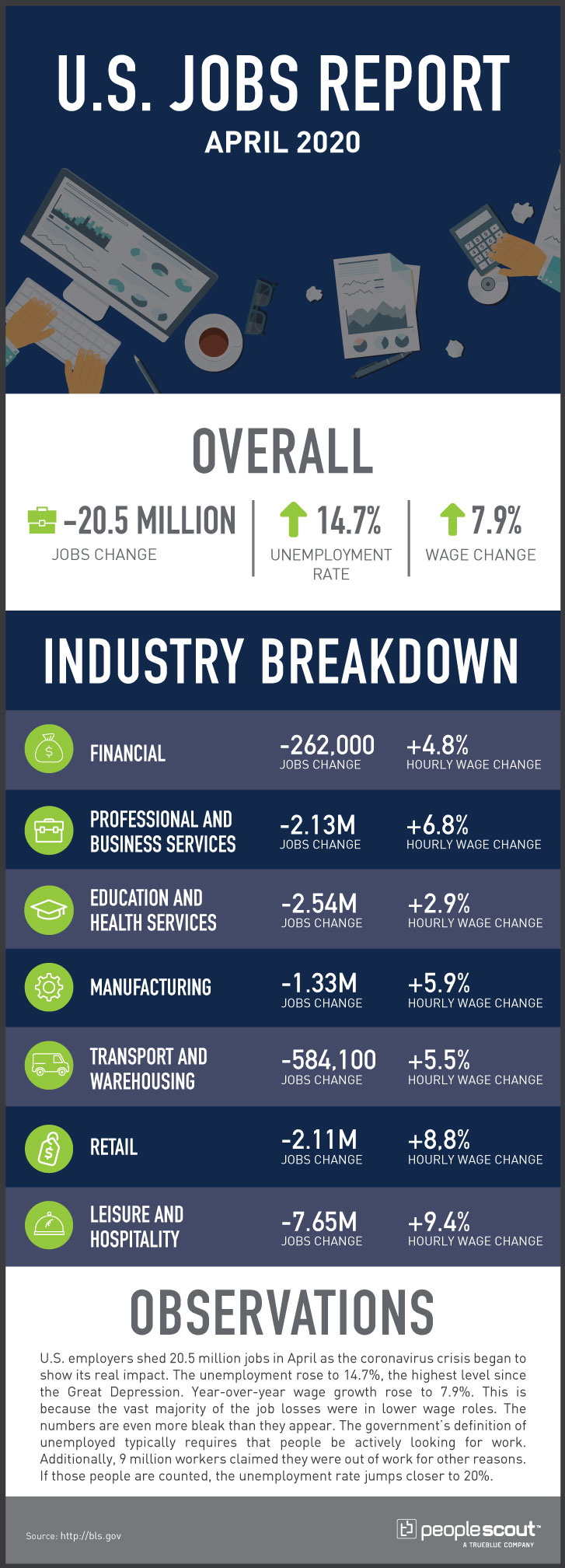
London’s population is projected to reach 10.5 million by 2041. Plus, 16 to 18-year-olds are experiencing rising youth unemployment with some of the most deprived areas in the country set in London.
As the government body responsible for the day-to-day operation of London’s public transport network, naturally Transport for London (TfL) plays a major role in contributing to the capital’s growth, and opening doors for people from disadvantaged areas was absolutely vital. Supporting this growth means recruiting, retaining, and developing a workforce of Londoners who will take part in the design of their city.
Transport for London (TfL) values the importance of diversity and inclusion and social mobility. Being representative of London is something their success is measured on, and the same standards apply to their apprenticeship and graduate schemes.
These early careers schemes had proven successful in the volume of applications received but weren’t reaching talent from all walks of life. TfL needed a diverse pipeline that truly represented modern London. It was time to rethink their entire student attraction activity. That’s where PeopleScout came in.
Situation
TfL needed to recruit 32 graduate roles and 109 apprenticeships. As their talent partners, our primary objective was to champion these fantastic opportunities to a broader apprentice and graduate talent pool in order to increase female applicants and those from minority ethnic backgrounds.
This meant removing barriers to recruitment, challenging stereotypes and overcoming negative perceptions. We needed to change TfL’s attraction process so that people from every pocket of society would be interested in the unique opportunities available. And we needed to re-position their early careers employer brand as a progressive organization in which everyone—regardless of background or financial situation—could excel.
Solution
A New Brand To Make Better Connections
Together, we transformed the way TfL recruit diverse talent. Ensuring skilled people from all walks of life have a chance to shine in the application and assessment process, our creative team used their audience knowledge to build a dynamic unexpected youth brand, “The Next Move”, which was designed to look different from other TfL communications, using vibrant, colourful graphics that would better connect with female and diverse applicants. We then shaped a comprehensive outreach program and a completely new assessment process with the aim of helping these candidates show TfL who they are and what they’re truly made of.
A More Targeted Approach
For Tfl’s apprenticeships, we designed a new strategy for our school outreach program, “Moving Forward.” We identified 251 of the poorest secondary state schools and ran over 50 events, with additional events in three of the most deprived boroughs in London: Newham, Tower Hamlets and Haringey.
Boosting Success in Assessment Centers
From experience, we know that young people often need to build their confidence by filling gaps in their knowledge. To address this, we created “Route-into-Work,” a pre-employment course for all candidates to fill gaps in their knowledge and provide them with the tools, insight and confidence to be successful at assessment centers.
Results
We achieved amazing results with the graduate recruitment campaign, comfortably filling all of the roles and meeting the social mobility criteria.
Doubling the Percentage of Graduate Hires from Minority Backgrounds
Most importantly we doubled the percentage of minority ethnic graduates from 27% to 54%, and we substantially grew the proportion of female hires from 18% to 29%.
Growing Female Apprentice Hires by 16%
Similarly strong results were achieved in the apprentice pool, as we dramatically grew the proportion of female hires from 20% to 36%. The Route-into-Work program delivered apprenticeship hires, of which 33% were female and 67% were minority ethnic.
At a Glance
- COMPANY
Transport for London (TfL) - INDUSTRY
Public Transportation - PEOPLESCOUT SOLUTIONS
Talent Advisory - ANNUAL HIRES
32 graduate roles and 109 apprenticeships - ABOUT TfL
Transport for London (TfL) is the government body responsible for the day-to-day operation of London’s public transport network and management of the capital’s main roads.






